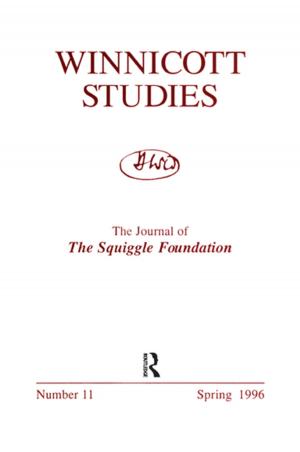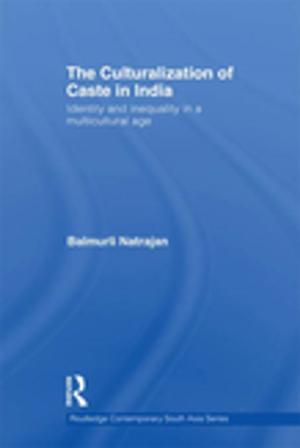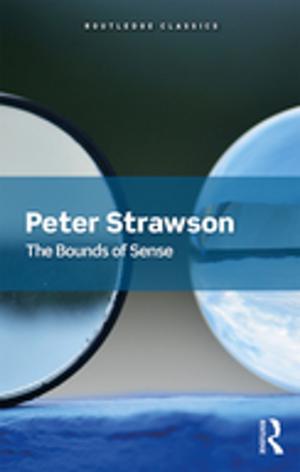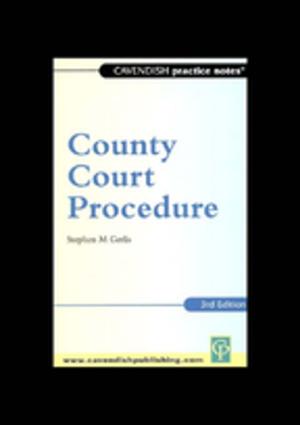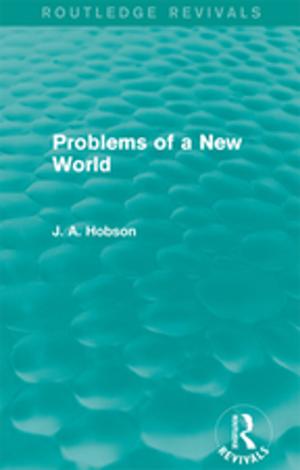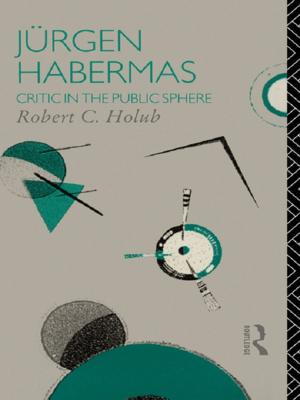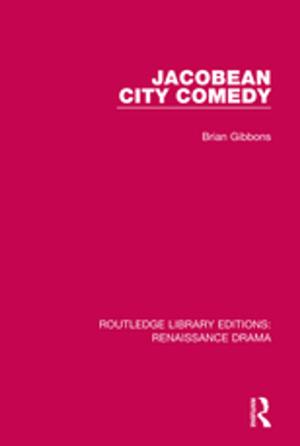Narrative Conventions and Race in the Novels of Toni Morrison
Fiction & Literature, Literary Theory & Criticism, American| Author: | Jennifer Lee Jordan Heinert | ISBN: | 9781136085789 |
| Publisher: | Taylor and Francis | Publication: | November 12, 2012 |
| Imprint: | Routledge | Language: | English |
| Author: | Jennifer Lee Jordan Heinert |
| ISBN: | 9781136085789 |
| Publisher: | Taylor and Francis |
| Publication: | November 12, 2012 |
| Imprint: | Routledge |
| Language: | English |
This study analyzes the relationship between race and genre in four of Toni Morrison’s novels: The Bluest Eye, Tar Baby, Jazz, and Beloved. Heinert argues how Morrison’s novels revise conventional generic forms such as bildungsroman, folktales, slave narratives, and the formal realism of the novel itself. This study goes beyond formalist analyses to show how these revisions expose the relationship between race, conventional generic forms, and the dominant culture. Morrison’s revisions critique the conventional roles of African Americans as subjects of and in the genre of the novel, and (re)write roles which instead privilege their subjectivity.
This study provides readers with new ways of understanding Morrison’s novels. Whereas critics often fault Morrison for breaking with traditional forms and resisting resolution in her novels, this analysis show how Morrison’s revisions shift the narrative truth of the novel from its representation in conventional forms to its interpretation by the readers, who are responsible for constructing their own resolution or version of narrative truth. These revisions expose how the dominant culture has privileged specific forms of narration; in turn, these forms privilege the values of the dominant culture. Morrison’s novels attempt to undermine this privilege and rewrite the canon of American literature.
This study analyzes the relationship between race and genre in four of Toni Morrison’s novels: The Bluest Eye, Tar Baby, Jazz, and Beloved. Heinert argues how Morrison’s novels revise conventional generic forms such as bildungsroman, folktales, slave narratives, and the formal realism of the novel itself. This study goes beyond formalist analyses to show how these revisions expose the relationship between race, conventional generic forms, and the dominant culture. Morrison’s revisions critique the conventional roles of African Americans as subjects of and in the genre of the novel, and (re)write roles which instead privilege their subjectivity.
This study provides readers with new ways of understanding Morrison’s novels. Whereas critics often fault Morrison for breaking with traditional forms and resisting resolution in her novels, this analysis show how Morrison’s revisions shift the narrative truth of the novel from its representation in conventional forms to its interpretation by the readers, who are responsible for constructing their own resolution or version of narrative truth. These revisions expose how the dominant culture has privileged specific forms of narration; in turn, these forms privilege the values of the dominant culture. Morrison’s novels attempt to undermine this privilege and rewrite the canon of American literature.

